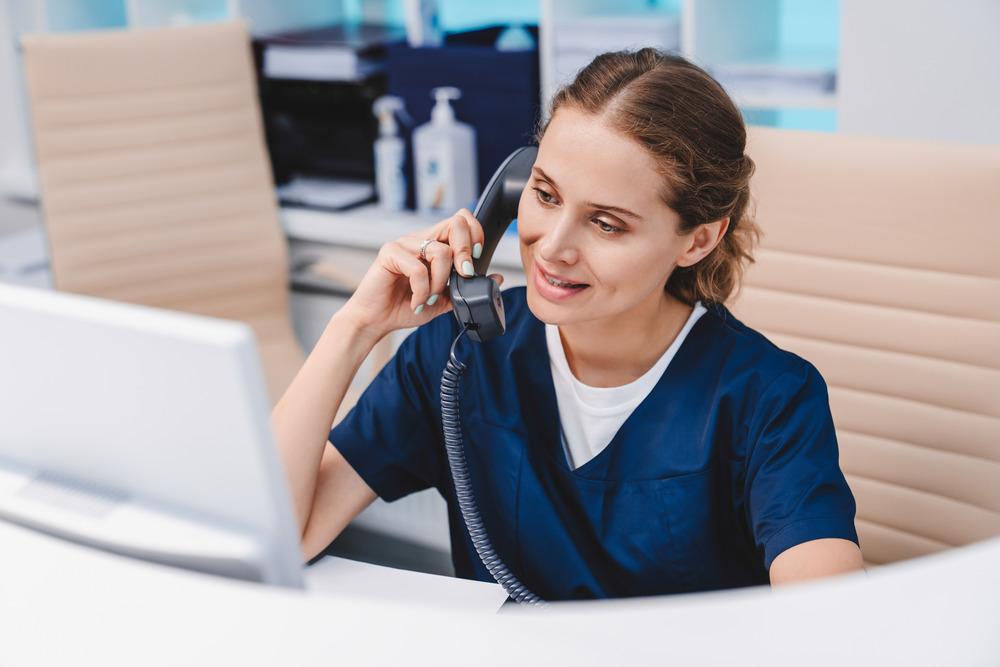Upgraded phone technology has been rolled out across the country, which the NHS says will allow more patients to get through to their GP surgery for an appointment.
Almost every GP practice in England has upgraded their phone systems as part of the GP access recovery plan.
Health minister Andrea Leadsom said: “GPs carry out vital work to support communities and patients, and I’m pleased that there are now 800 more doctors working in general practice compared to last February.
"Last year, 50 million more GP appointments were delivered than five years ago, and the first ever long term workforce plan will increase GP training places by 50 per cent to 6,000.”
The primary access recovery plan has been set out by the NHS to "tackle the 8am rush and make it easier and quicker for patients to get the help they need from primary care."
More than 5,800 GP practices use a digital system for answering patients’ calls.
During trials, this increased patients’ ability to get through to their practice by almost a third.
More than nine in ten of GP practices in England now have cloud-based systems meaning phone lines can be expanded and won’t ever be engaged.
The remaining practices are agreeing dates within the next month for upgrades to happen with tech suppliers and are expected to happen from next month.
Extra training was also provided to staff answering calls at surgeries, so that people who need to see their family doctor are prioritised while those who would be better seen by other staff such as physiotherapists or mental health specialists can do so more quickly.
Latest figures show that GPs delivered 364 million appointments in the last year – 57 million more annually than before the pandemic.
The primary care access recovery plan also set out plans for patients who need prescription medication to be able to get it directly from a pharmacy, without a GP appointment, for seven common conditions including earache, sore throat, or urinary tract infections.
The actions set out in the plan are expected to free up around 15 million GP appointments over the next two years for patients who need them most.


